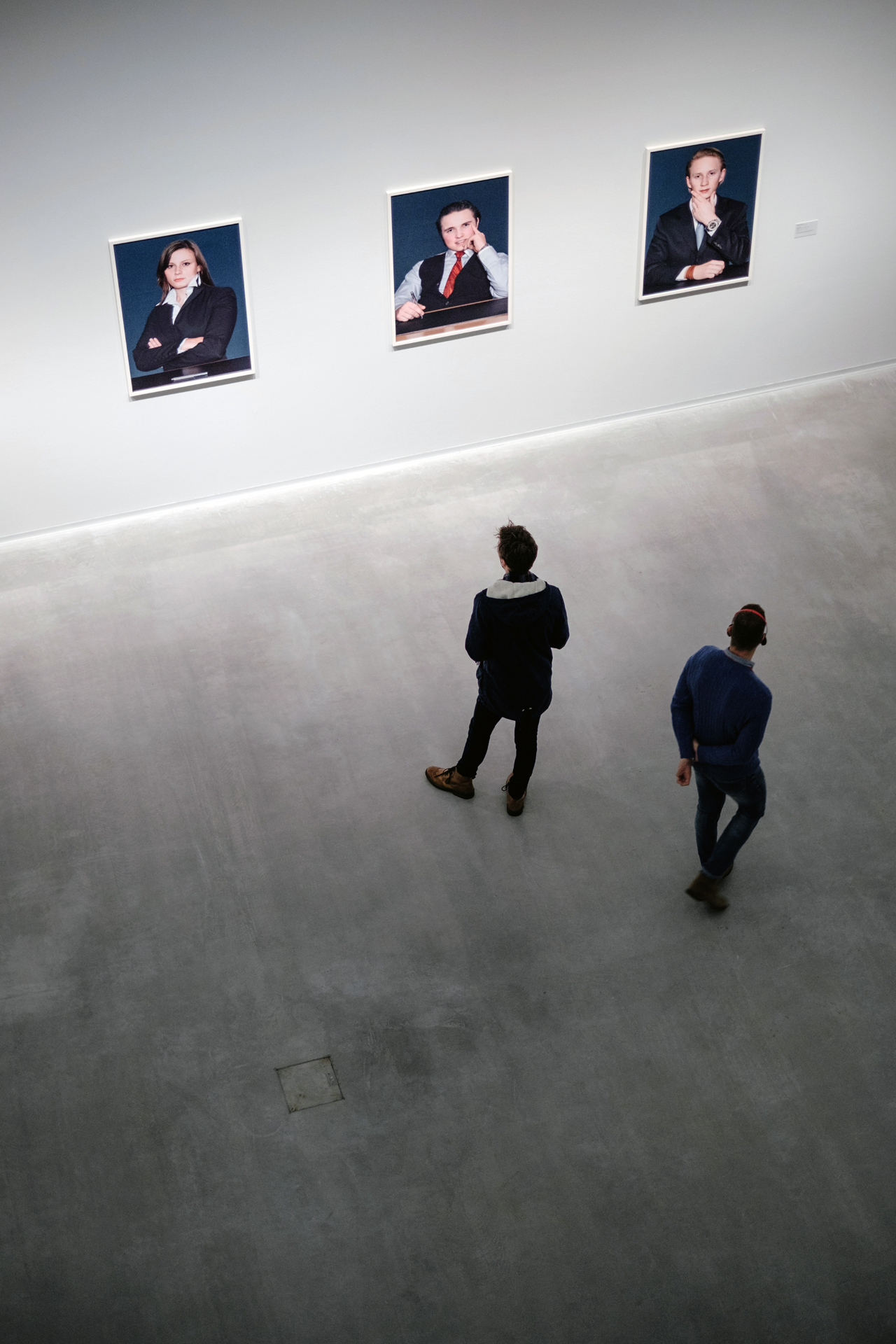Proffesionnal Development Activity
All of the partners' organisations are fun of Non Formal Education and they want to learn more about new methods of working Non Formal Education.
"IN&OUT" is a set of creative exercises and mindfulness-based games for knowing themselves through knowledge for others also. In fact, it is a wonderful way to bring people from different backgrounds and ages together and make new friends.
With the increasing influence of technology in our lives, fewer time is being spent outdoors. The screens keep us hooked by creating easy rewards for the brain and are slowly influencing our behaviour and lifestyle. These brain rewards create unhealthy habits which are extremely hard to break. It is no wonder that obesity, anxiety, loneliness, and many other lifestyle issues are on the rise. We desperately need a substitute for all the junk entertainment that is being fed into our brains.
According to our timetable we are going to use the following methods in Non - Formal Learning training that we have:
- Project-/Problem-based approach.We are going to guide participants in such activities with a lot of discussion in activities like Innovation Game, self - knowledge game and a lot of other activities that we have in the program. At the end we want our participants to start thinking out of the box and to have self - knowledge and self-esteem in future projects and planning. We want to challenge them to test their creativity by turning circles into recognizable objects in a very short period. They will challenge their flexibility in ideas. We will see whether the ideas are derivative or distinct. Did anyone "break the rules" and combine circles? Were the rules explicit, or just assumed? When teams get to work together, they work better. These problem-solving games will help co-workers think outside of the box to solve generic or company issues while fostering team communication.
- Collaborative learning (learning in teams with the support of the trainers), a lot of activities are based on the team work of the participants. In our project we are going to have team building activities, group work activities (like ON THE WAY TO UNDERSTAND OURSELVES AND OTHERS, activity for understanding ourselves through the understanding of the others, another way activity (which is especially designed for people with vision problems and the participants will rely on their partners or on the other members of the group, teamwork Game "Lego Building Challenge", inclusion activities). A fundamental principle of innovation or creative thinking is to start with empathy. On the path from blank page to insight, sometimes people need a tool to help with what comes next: synthesis. You have gone into the field in search of knowledge, meeting people on their home turf, watching and listening intently. But synthesizing all that data can be a little daunting. Take control of your field observations by organizing them with an "empathy Map."
- Peer teaching. In short, peer teaching occurs when participants, by design, teach other participants. ... Peer teaching involves one or more participants teaching other participants in a particular subject area and builds on the belief that "to teach is to learn twice" (Whitman, 1998). Peer teaching, we have in the activity "The Egg Drop" and in activities about Human Rights so participants will understand the necessity of knowledge of human rights and to find out how deprivation of human rights affects our self-knowledge.
- Role-playing. It is understood from the fact that in general our whole program is based on role playing activities almost every day, either with intercultural activities or when they want to represent something or in our last activity (which they need to prepare in previous days) Space where the participants will be told on the second day about the ability they will have to make a teamwork open space and to prepare their own "presentations" by their own way (dance, theatre etc.). They will be given some guidelines to choose some of the key topics of the project (human rights, innovation, self-awareness, self-improvement) but each one can be as creative as he wants. We are sure that we will see interesting and inspired ideas and presentations from them.
We believe that the whole of our training is based in non - formal methods even the activities for the preparation, research, discussions and for dissemination also like providing activities in their organisations are all based on non-formal techniques. More information about the whole procedure of the activities can be found in ANNEX 02.

